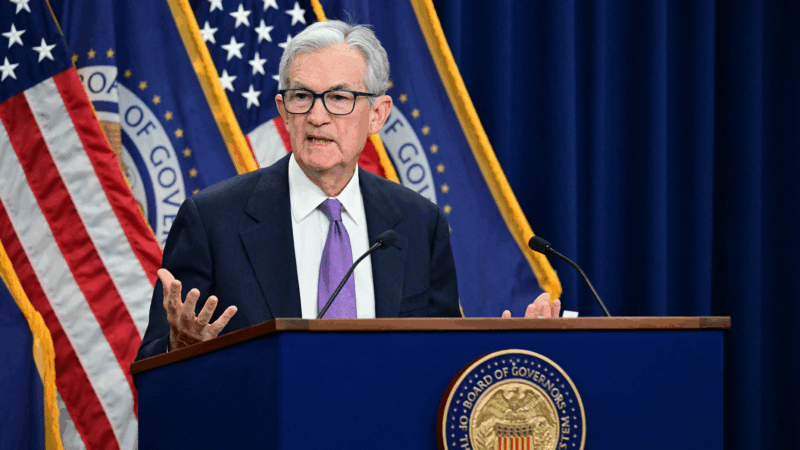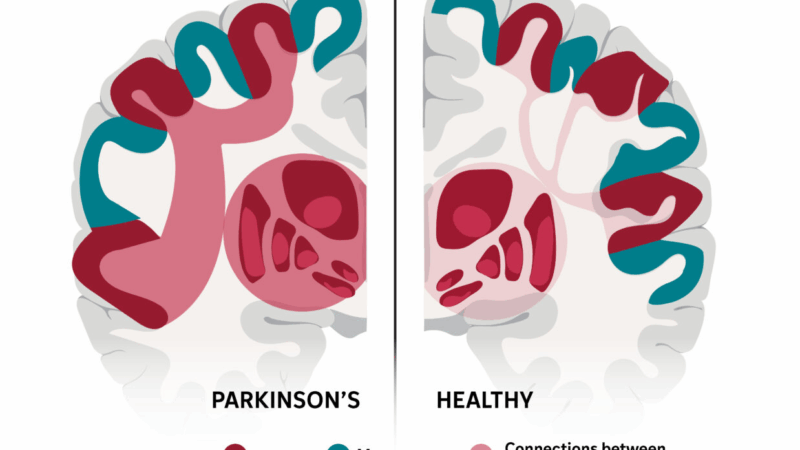Lawmakers seek to ban federal agents from wearing masks
Since President Trump’s return to office, images of masked federal agents carrying out immigration arrests have become a familiar — and for many Americans, deeply disturbing — sight. The Department of Homeland Security has endorsed the agents’ right to wear masks, but some Democrats want to make it illegal.
In Congress, Democrats have introduced several bills, including the No Secret Police Act, which would bar federal agents from concealing their faces with “home-made, non-tactical masks.”
As long as Republicans are in the majority, Congressional action is unlikely. At the state level, though, legislation is advancing. In California, lawmakers are considering a bill that would limit the ability of all law enforcement officers — federal, state and local — to wear masks that aren’t required for medical or tactical reasons, or undercover work.
Other Democratic-majority legislatures may follow suit. In New York, Manhattan Assemblyman Tony Simone is one of the supporters of the “Mandating End of Lawless Tactics” Act.
“Where police wear masks, democracy loses its face,” says Simone. “I have frightened constituents telling me this is not how a democracy should be acting.”
If states pass such measures, it’s unclear whether they would apply to federal agents. Generally speaking, states may not regulate federal law enforcement. But Erwin Chemerinsky, dean of the law school at the University of California, Berkeley, says the restriction on states is not absolute — especially in the 9th U.S. Circuit Court of Appeals, which covers the western U.S.
“The test is, if a federal agent acts in an ‘objectively unreasonable manner,’ the state may bring a criminal prosecution,” Chemerinsky says. “So I think the question is, would a state prohibition on law enforcement wearing masks interfere with the performance of their duties? Is not wearing masks objectively reasonable?”
Jim Dudley, a former commander with the San Francisco Police Department, says most officers don’t need to hide their faces.
“Probably 90% of the time, it won’t be an issue,” he says. “The other 10% are those situations where now you really have to recalibrate how you handled things in the past.”
Dudley points to new digital threats, especially doxing — when activists publish personal information online — as a new challenge for officers.
“You’re exposing police officers online at protests, where there are intimidation tactics to get police to stand down,” Dudley says. “So it’s an advantage to protesters, or anti-law enforcement groups, because [the mask ban] is a restriction on the police that is not a restriction on the public.”
California’s largest police advocacy organization, the Peace Officers Research Association of California (PORAC), has come out against the legislation, known as SB 627. In a prepared statement, PORAC President Brian Marvel criticized state lawmakers for targeting local police in response to federal actions.
“We are not an extension of the federal government. We are a part of California’s communities, which we are proud to serve and call home. Using local law enforcement as a punching bag to grandstand against the federal government should not be an acceptable practice from our state leaders.”
Marvel also warned that the bill could inadvertently ban personal protective equipment used during riots or hazardous conditions.
Immigration and Customs Enforcement (ICE) has declined NPR’s requests for interviews. But in public statements, agency leaders have defended the use of masks, citing the threat of online targeting. One anti-ICE website lists people identified as immigration agents, with names and photos organized by state. ICE claims assaults on its personnel have increased eight-fold this year, though the agency hasn’t provided data to link those attacks directly to doxing efforts.
Judge rules 7-foot center Charles Bediako is no longer eligible to play for Alabama
Bediako was playing under a temporary restraining order that allowed the former NBA G League player to join Alabama in the middle of the season despite questions regarding his collegiate eligibility.
American Ben Ogden wins silver, breaking 50 year medal drought for U.S. men’s cross-country skiing
Ben Ogden of Vermont skied powerfully, finishing just behind Johannes Hoesflot Klaebo of Norway. It was the first Olympic medal for a U.S. men's cross-country skier since 1976.
An ape, a tea party — and the ability to imagine
The ability to imagine — to play pretend — has long been thought to be unique to humans. A new study suggests one of our closest living relatives can do it too.
How much power does the Fed chair really have?
On paper, the Fed chair is just one vote among many. In practice, the job carries far more influence. We analyze what gives the Fed chair power.
‘Please inform your friends’: The quest to make weather warnings universal
People in poor countries often get little or no warning about floods, storms and other deadly weather. Local efforts are changing that, and saving lives.
This complex brain network may explain many of Parkinson’s stranger symptoms
Parkinson's disease appears to disrupt a brain network involved in everything from movement to memory.








